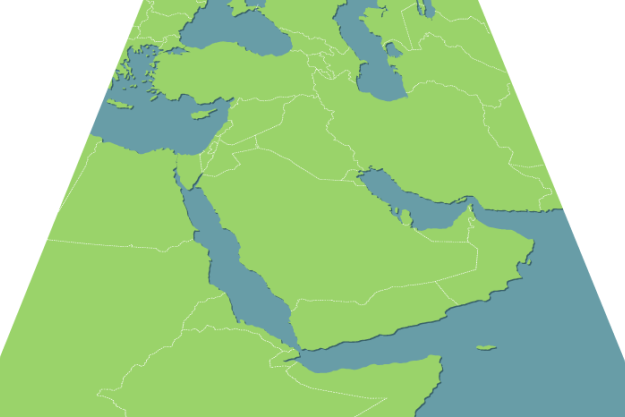
Turkey hosted a workshop in Istanbul that was organised by the OPCW on the “Universality of the Chemical Weapons Convention in the Mediterranean Basin and the Middle East Region”, which was held in Istanbul on 16 and 17 April 2009.
The workshop was funded by the European Union under the Joint Action programme in support of the OPCW. More than 30 State Parties attended including 10 from the region of focus, together with representatives from the League of Arab States, UNODA, UNSC 1540 Committee and NATO. Two of the three States not Party in the Middle East, Egypt and Israel, were also represented as was a third from outside the region, Myanmar.
In his opening remarks the OPCW Director-General, Ambassador Rogelio Pfirter, described universality as the most crucial political challenge facing the OPCW and indispensable to its ultimate success. He welcomed the representatives of the three States not Party and highlighted the participation of Iraq and Lebanon, both of which acceded to the Convention in recent months.
The Director-General recalled the Report of the Second Review Conference of the Chemical Weapons Convention held in April 2008, which stated that States not Party to the Convention should ratify or accede to it as a matter of urgency and without preconditions. He noted that prompt adherence to the Convention would promote the goal of a weapons of mass destruction- free zone in the Middle East by adding a strong and solid building block to the structure of peace and mutual security in the region.
Ambassador Çeviköz, Deputy Under-Secretary, Ministry of Foreign Affairs of Turkey, observed that the proliferation of weapons of mass destruction and their delivery means is a growing tangible threat in our century. “Considering the aim of eliminating chemical weapons and the progress achieved in this vein, it is obvious that the Convention contributes not only to national security but also regional and global security,” he said.
Speaking on behalf of the Czech European Union Presidency, Ambassador Mareš, Permanent Representative of the Czech Republic to the OPCW, underlined that it is important from the political view and in the industrial and commercial interest of States not Party not to exclude themselves from the Convention. “The actions taken by States not Party to prevent proliferation of chemical weapons are, moreover, relevant to all States Parties of the United Nations in order to abide by UNSC Resolution 1540,” he said.
The workshop was held in a cordial atmosphere and represented the continuation of OPCW’s efforts to promote universality of the Convention through constructive and forward-looking engagement with States not Parties.
OPCW NEWS 14/2009
